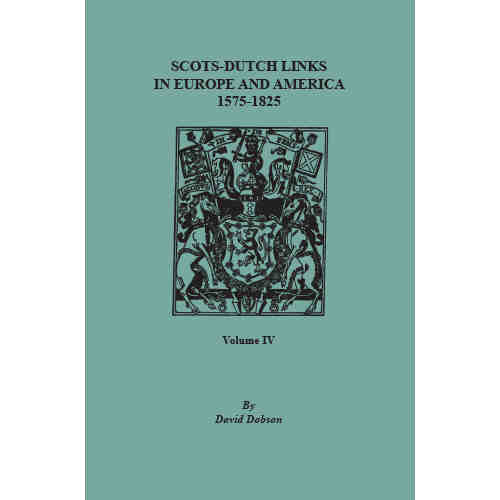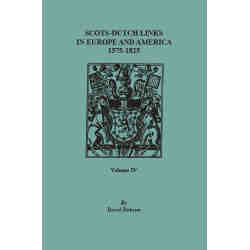Scotland has had strong economic, social and military links with the Netherlands since the medieval period, but the main period of Scottish settlement in the Low Countries occurred in the 17th century. Scottish scholars and merchants had long been attracted by the opportunities available in the universities and cities of Holland, Zealand, and Flanders, especially by courses in law and medicine. Scottish merchants and craftsmen could be found in towns and cities throughout the Netherlands, especially in Veere, Middelburg, Amsterdam, and Rotterdam. During the 17th century Scots communities, with their own churches, could be found throughout Holland and Zealand in particular, and by 1700 around 1,000 Scots lived in Rotterdam alone. Some of the Scots found in the Netherlands were religious or political refugees, such as the Covenanters, who fled persecution under the Stuart kings to live among their Calvinist brethren. A small number of Dutch merchants and craftsmen also settled in Scotland during the period, some of whom had been attracted in 1672 when the Scottish government–with the incentive of full naturalization–invited inhabitants of the United Provinces to come across.
For eighty years the Dutch fought to maintain their independence from Spain, and aiding them in their struggle were thousands of Scottish soldiers, who formed the Scots Brigade. The Scots Brigade in Dutch Service was founded in 1572 and continued in existence until 1782, during which time a significant number of men from Scotland fought and later settled in the Netherlands. A number of them and their descendants immigrated to the Dutch settlements in America, stretching from the Hudson River to the West Indies and Surinam.
This book, the fourth in the series, identifies some of the Scots with links to the Low Countries, especially seafarers and merchants, but also planters in the Dutch colonies in and around the Caribbean. It is based mainly on primary sources, notably the records of the High Court of the Admiralty of Scotland. In each case, Dr. Dobson states the individual’s name, occupation (soldier, merchant, student, etc.), date of the reference, and the source. Marriage entries typically give the Scot’s name and place of origin, those of his spouse, and sometimes the name(s) of parents, or more. In a few cases, the references are to Dutch persons who migrated in the opposite direction, lured by Scotland’s offer of full naturalization.


